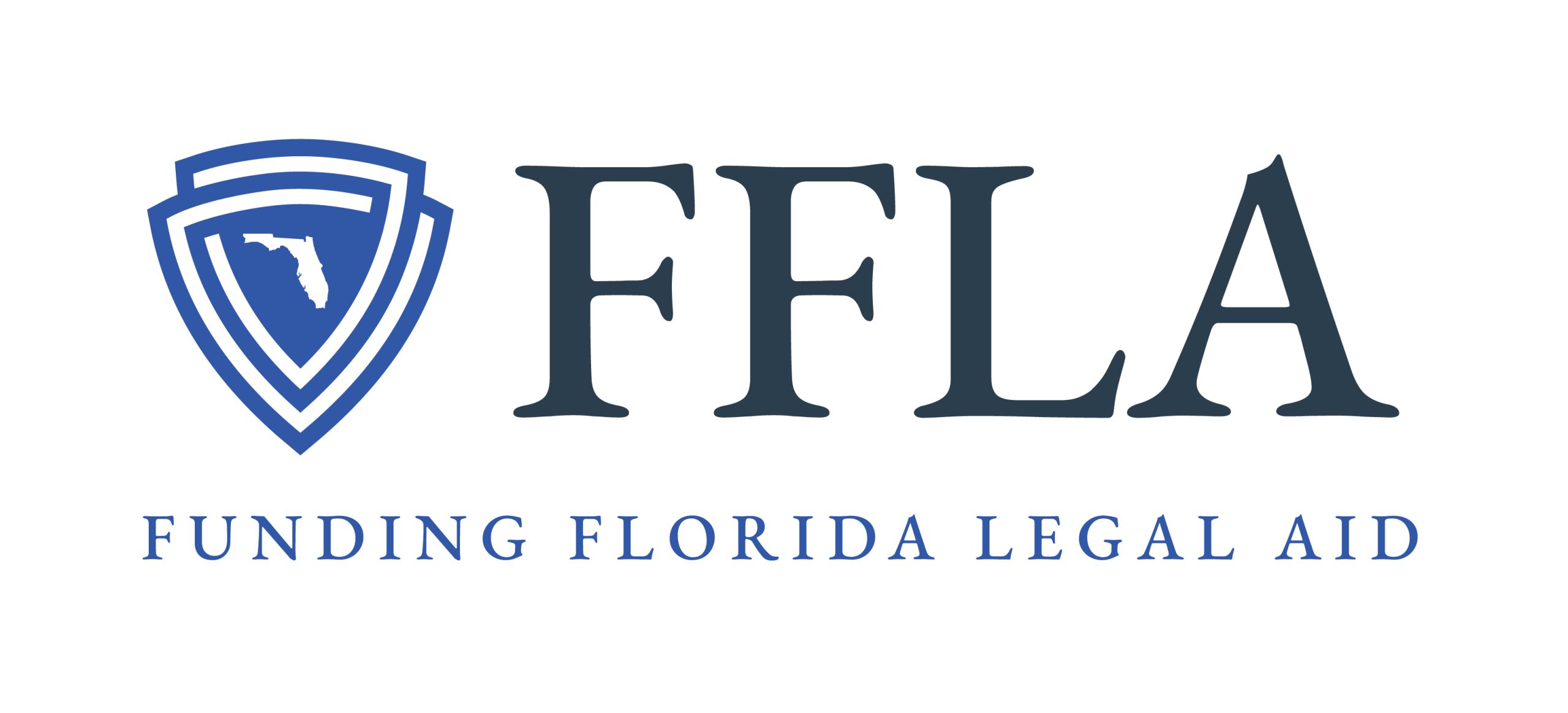Income-Based Health Care (Medicaid)
If you or your family are struggling to get healthcare and have limited financial resources, Medicaid might be able to give you the assistance you need. Medicaid provides health coverage to millions of low-income people and families, including parents and caretakers, children, pregnant women, elderly adults, and people with disabilities.
The cost for Medicaid is shared by the federal government and the state.
In Florida, Medicaid services are administered by the Agency for Health Care Administration (AHCA), but eligibility for Medicaid is usually determined by the Department of Children and Families (“DCF”) or the Social Security Administration for persons who qualify for Supplemental Security Income (SSI).
If you believe you have been wrongly denied Medicaid coverage contact CLS for legal advice.
WHAT ARE YOUR RIGHTS?
Medicaid was enacted to provide better access to health care for those who might otherwise not be able to get the medical treatment they need. Because of this, the range of services Medicaid covers can be as diverse as the people who qualify for it. Medicaid coverage includes everything from dental work to dialysis, but due to what coverage group or plan you belong to your Medicaid coverage may be different than someone else’s.
To see everything Medicaid includes and find out if you are eligible for coverage for certain services, head to the Agency for Health Care Administration’s comprehensive “Florida Medicaid’s Covered Services” page.
To be eligible for Medicaid, you must be a US citizen or a qualified noncitizen, a Florida resident, and must provide a Social Security Number. In Florida, Medicaid is only available through the Department of Children and Families for the following people:
- Parents and caretakers’ relatives of children;
- Children;
- Pregnant women;
- Former foster care individuals;
- Non-citizens with medical emergencies; and
- Aged or disabled individuals not currently receiving Supplemental Security Income (SSI).
Medicaid eligibility is dependent on the financial situation of the recipient and their family. See DCF’s Family-Related Medicaid Income Limits chart.
If you are currently receiving Supplemental Security Income (SSI) you are automatically eligible for Medicaid.
To receive Medicaid benefits parents or relative caregivers must meet the program’s family income requirements and have at least one dependent child under the age of 18 in their home.
When the last child in the home turns 18, the parents or relative caregivers lose their Medicaid benefits.
The parents or relative caregivers must be within a certain degree of relationship to the child, including natural, biological, step or adoptive parents, siblings, first cousins, nephews, nieces, aunts, uncles, grandparents, and family members which could be described by the prefixes of “great,” and “great-great.”
If a family loses Medicaid eligibility due to earned income they may be able to get up to 12 months of additional Medicaid benefits if they meet certain requirements. If they lose eligibility because they received alimony they may be able to get an additional 4 months of Medicaid benefits.
Medicaid is only available to children whose family income is less than the income limits of the program, even if they do not currently live with the family.
Children under the age of 19 are eligible for Medicaid if their family meets income limits and they are unmarried (or have had their marriage annulled) and are not legally emancipated, even if they live independently or with non-relatives.
Children 19 to 20 years old are eligible for Medicaid if they are unmarried or their marriage has been annulled.
Families may also be eligible for health coverage through Florida KidCare.
Pregnant women are eligible for Medicaid if their family meets the income limit requirements. If your family’s income is too high to qualify for Medicaid and you still require financial assistance, you may want to consider enrolling in the Medically Needy program, which operates on a shared-cost system.
Medicaid covers a mother’s full pregnancy and up to 12 months postpartum.
In some circumstances Medicaid will provide a pregnant woman temporary coverage for immediate access to prenatal care under the determination of Presumptive Eligibility
Individuals who were under the care of the state and receiving Florida Medicaid when they aged out of foster care are eligible for Medicaid if they are under 26 years old. They do not have to meet any income limit requirements for Medicaid.
For most people, Medicaid eligibility will be decided by their financial situation. For more information on the different income limits for Medicaid programs, please see these charts created by the Florida Department of Children and Families:
The Medically Needy Program helps those who meet all the Medicaid eligibility requirements, except that their income is above the income limits.
DCF uses household size and income to determine a monthly “share of cost.” The share of cost is a lot like an insurance deductible – when you receive medical services, you’ll have to pay for them yourself until you meet your share of cost. Once this amount is reached, you will be eligible for Medicaid for the rest of the month.
You must provide medical bills and invoices to the Department of Children and Families as proof that you have met your share of cost. Once a bill is used to meet the share of cost, it cannot be used again to meet the share of cost in another month.
See DCF’s Medically Needy Program brochure for more information.
WHAT DO YOU NEED TO DO?
Applications for Medicaid can be done through the Florida Department of Children and Families’ online ACCESS system, which is also where you can check on the status of applications, manage documents, view schedules, and more. To create a myACCESS account and apply online, visit www.myflorida.com/accessflorida/.
Applications can be done at a DCF customer service center. To find one near you “Select a County”from the “ACCESS Service Center Locations” option at: https://www.myflfamilies.com/service-programs/access/map.shtml.
Applications can be done on-site through a member of the DCF Community Partner Network. Community partners are listed at: http://www.dcf.state.fl.us/access/CPSLookup/search.aspx.
You can complete a paper application, which may be requested by calling 850-300-4DCF (4323), and submit it in person, by mail or fax. Customer Service Center locations and fax numbers can be found at: http://www.dcf.state.fl.us/programs/access/map.shtml.
Applications can be done over the phone by calling 850-300-4DCF (4323).
Once approved you will be issued a Medicaid Card to show health care provider, replacement card can be requested by calling 850-300-4323, and temporary cards can be printed from your online myAccess account.
If you have received notice that your Medicaid has been denied, you have 90 days from the date of the notice to ask for a Fair Hearing. A Fair Hearing is the process that allows you to dispute the denial decision if you believe it was decided unfairly. Instructions on how to ask for a Fair Hearing should be included with the notice of denial that DCF sends to you. If you are currently on Medicaid and are informed that you are no longer eligible, you have only ten (10) days to appeal in order to keep your Medicaid open pending the outcome of your appeal.
You can do this by filling out the Online Fair Hearing Request Form.
It can take several weeks for your Fair Hearing request to be processed. Once it is processed, you will receive a letter telling you the date, time, and location of your Fair Hearing.
WHAT TO CONSIDER BEFORE TAKING ACTION?
During the COVID-19 Pandemic, protections were put in place so that Medicaid recipients kept coverage even if they no longer qualified. This was done so people had access to COVID-19 testing and treatment. These special protections are coming to an end.
See our page on “Medicaid Unwinding” for more information.
Medicaid is approved for a period of 12 months at a time. To continue receiving benefits you will have to renew your coverage annually.
You are required to report any change in circumstances that could affect your benefits within 10 days. Examples of these circumstances include:
- A pregnancy;
- The birth of a child;
- New or increased earnings;
- Termination of employment (quitting a job or getting fired);
- The arrival or departure of members of the household;
- Changes in living arrangements;
- A change of address; or
- Moving to another state.
Non-citizens who live in Florida and do not qualify for regular Medicaid because of their immigration status may be eligible for Medicaid coverage in emergency situations — including childbirth — as long as they meet the other eligibility requirements.
To receive Medicaid coverage a non-citizen must:
complete a Medicaid application and provide proof from a medical professional that the treatment was for an emergency, meaning it was due to a medical condition of sufficient severity (including severe pain) that could result in placing the person’s health in serious jeopardy. A valid Social Security Number and cooperation with Child Support Enforcement are not required.
- Emergency Medicaid can only be approved for the date of the emergency. There is no follow-up care and in the case of childbirth, there is no postpartum coverage.
- Non-citizens in the United States for a temporary reason, such as tourists, are not eligible for any Medicaid benefits.
Qualified medical professionals may make presumptive eligibility determinations for:
- A pregnant woman;
- A parent and relative caregiver;
- An infant under the age of 1;
- A children under the age of 19; or
- A former foster care individual.
This presumptive coverage lasts for one month from the date that the qualified medical staff determined eligibility, or until an application for full Medicaid coverage is approved or denied by the Department of Children and Families.
Presumptive Eligibility for Pregnant Women (PEPW) gives pregnant women temporary Medicaid coverage to provide access to prenatal care for up to 45 days. This Presumptive Eligibility can be determined by County Health Departments, Regional Perinatal Intensive Care Centers (RPICC), Federally Qualified Health Centers, Maternal and Infant Care Projects, Children’s Medical Services (CMS), and some hospitals and hospital-affiliated clinics.
Children born to a mother eligible for Medicaid on the date of the child’s birth is presumed eligible through the birth month of the following year.
For more information about Medicaid visit:
https://www.kff.org/medicaid/event/medicaid-101-what-you-need-to-know-2015/

 Home
Home








